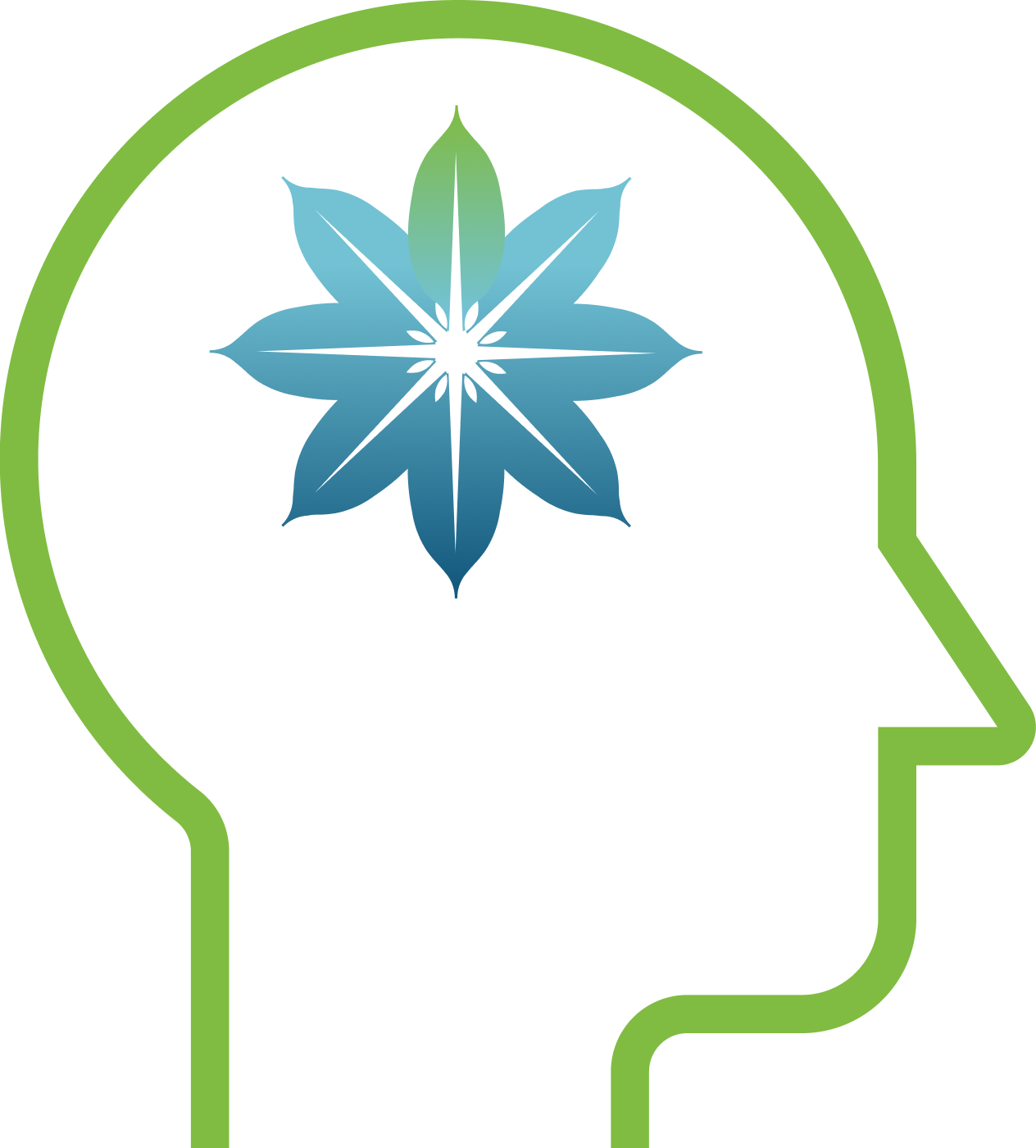Salience Health Depression Outpatient Clinic
Comprehensive Care for Treatment Resistant Depression
Living with treatment-resistant depression poses unique challenges, and at Salience Health, we're committed to providing personalized solutions that address your individual needs.
Our Depression Program is designed to tailor our approach to your treatment, recognizing the complexities of treatment-resistant depression and creating a path that resonates with your unique journey. To help connect you to a better quality of life, we provide:
-
Educational Support
-
Evidence Based Treatment Options
-
Patient Centered Care
Our Approach to Treating Depression
Patient Process
Patient Liaison Team
- Schedules appointment
- Sends new patient paperwork
- Complete information multiple clinical scales help provider make appointment meaningful and direct care.
- Patient enrolls in Patient Portal
Our Services
Transcranial Magnetic Stimulation (TMS) Therapy is a safe and effective treatment that uses MRI strength pulses to treat the cause of mood disorders like depression. Unlike medication, which only treats symptoms, TMS Therapy strengthens the network in your brain that regulates your mood, and how you think, feel and act.
During outpatient, non-invasive sessions, TMS treatments encourage positive brain activity to reconnect these networks, helping to create long-term relief from depression and often other mood disorders.
TMS Therapy strengthens the salience network, which regulates your thoughts, behaviors, and emotions. This network’s deficiency – or lack of communication between your neurotransmitters – often results in depression symptoms, as well as symptoms of other mood disorders.
Many patients see improvement in other symptoms besides depression, often finding benefit in their anxiety, sleep, and motivation.
Creyos Cognitive Testing is an assessment that objectively check up on areas such as memory, attention, reasoning, and verbal ability—all cognitive abilities you need to function optimally in everyday life. This cognitive test serves as a quick checkup on how you’re doing today. Using a tablet, desktop, or laptop, you'll complete a series of scientifically-validated yet fun and engaging cognitive tasks that can take up to 3 minutes each.
We know that behavioral health and physical health go hand-in-hand, and this assessment helps us see how they are impacting each other. The Brainview test is a cognitive assessment that provides information on your brain's functionality related to stress, memory, and cognition, while also tracking physical functions such as heart rate and metabolic rates. This test will help your provider develop a more informed treatment plan for you and better coordinate your overall care.
We also offer Cognitive Behavioral Therapy (CBT) group classes to help train patients to learn how to better manage their symptoms. The basis of CBT is that if we can change the way we think, we can change the way we feel & act. These classes are different from the typical group therapy session, as they are skill-based, and patients only share as much as they are comfortable sharing.
Cognitive Behavioral Therapy (CBT) is psychotherapy treatment that helps patients curb anxious or depressive episodes. CBT allows individuals to better understand that their thoughts, feelings, and behaviors are all linked together.
Each session is designed to help you to examine the attitudes that play a role in how you might interpret various situations. By the end of each course, you should be able to correct automatic negative thoughts that lead you to struggle with depression, anxiety, fear, or hopelessness.
Medications are an important part of our comprehensive care plan and are often used alongside other treatments. Our providers will need to review what medications you have already taken, how effective those were and how well you tolerated them, and the impact of those medications on your overall health. They will also continually track your progress and side effects with medication trials for any necessary adjustments.

Patient Centered Care
At Salience, we understand that navigating through depression requires more than just medical attention—it demands personalized, patient-centric care. Our commitment goes beyond treating symptoms; we are dedicated to addressing the unique needs and concerns of each individual on their journey to mental well-being.
- Holistic Assessment
- We begin with a thorough assessment pf your physical and mental symptoms. This allows us to create an understanding of your health, paving the way for an accurate and tailored care plan.
- Individualized Treatment Plans
- No two individuals are alike, and neither are their experiences with depression. Our treatment plans are meticulously crafted to meet your unique needs.
- Collaborative Decision-Making
- Your voice matters. Together, we create a plan that aligns with your goals, preferences, and comfort level.
- Open Communication
- We strive to create a safe space where you feel heard, understood, and supported throughout your entire treatment experience.

Patient Centered Care
At Salience, we understand that navigating through depression requires more than just medical attention—it demands personalized, patient-centric care. Our commitment goes beyond treating symptoms; we are dedicated to addressing the unique needs and concerns of each individual on their journey to mental well-being.
- Holistic Assessment
- We begin with a thorough assessment pf your physical and mental symptoms. This allows us to create an understanding of your health, paving the way for an accurate and tailored care plan.
- Individualized Treatment Plans
- No two individuals are alike, and neither are their experiences with depression. Our treatment plans are meticulously crafted to meet your unique needs.
- Collaborative Decision-Making
- Your voice matters. Together, we create a plan that aligns with your goals, preferences, and comfort level.
- Open Communication
- We strive to create a safe space where you feel heard, understood, and supported throughout your entire treatment experience.
It Can Happen to Anyone
The presenting symptoms of depression vary greatly from one person to another. One may sleep too much while another can't sleep at all, one person may be crying while the other wears a smile and pretends like nothing is wrong. Some people don't even feel sad or depressed, but rather have no interest or joy in life. Seeking help is the best course of action no matter where you fall on the spectrum of depression.
You may have heard that every brain contains a "reward circuit," but many people do not realize that we also have a "non-reward circuit" responsible for most mental health symptoms. Sometimes, the activity in the "non-reward circuit," can get stuck in a loop. The longer the loop goes on, the harder it becomes to "snap out of it." Once this process starts interfering with our ability to function, your brain and body become locked in clinical depression.


It Can Happen to Anyone
The presenting symptoms of depression vary greatly from one person to another. One may sleep too much while another can't sleep at all, one person may be crying while the other wears a smile and pretends like nothing is wrong. Some people don't even feel sad or depressed, but rather have no interest or joy in life. Seeking help is the best course of action no matter where you fall on the spectrum of depression.
You may have heard that every brain contains a "reward circuit," but many people do not realize that we also have a "non-reward circuit" responsible for most mental health symptoms. Sometimes, the activity in the "non-reward circuit," can get stuck in a loop. The longer the loop goes on, the harder it becomes to "snap out of it." Once this process starts interfering with our ability to function, your brain and body become locked in clinical depression.
Patients Guide To Understanding Depression
We are excited to offer this free guide to help you be more informed about depression, how depression affects the brain, and understand all your treatment options.
The Care Navigator Team. Your New Partners for Comprehensive Care.
Our Care Navigator team guides you through your treatment plan and is your point of contact for all questions and coordination you need. They are here to help connect you to services, educate you, and coordinate care with your providers.
At your first appointment
Your initial appointment is a deep dive into your medical history, emotional challenges, and individual situation. This meeting will be your longest to ensure that we collect all the necessary information. This is essential to make an accurate diagnostic assessment and optimize your treatment planning.